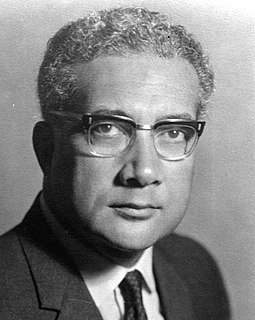A Quote by Jill Biden
Education teaches us compassion and kindness, connection to others.
Quote Topics
Related Quotes
The first beneficiary of compassion is always oneself. When compassion, or warmheartedness, arises in us and our focus shifts away from our own narrow self-interest, it is as if we open an inner door. It reduces fear, boosts confidence and brings us inner strength. By reducing distrust, it opens us to others and brings us a sense of connection to others, and sense of purpose and meaning in life.
Where there is no human connection, there is no compassion. Without compassion, then community, commitment, loving-kindness, human understanding, and peace all shrivel. Individuals become isolated, the isolated turn cruel, and the tragic hovers in the forms of domestic and civil violence. Art and literature are antidotes to that.
In contrast, compassion manifests in us as the offering of kindness rather than withdrawal. Because compassion is a state of mind that is itself open, abundant and inclusive, it allows us to meet pain more directly. With direct seeing, we know that we are not alone in our suffering and that no one need feel alone when in pain. Seeing our oneness is the beginning of compassion, and it allows us to reach beyond aversion and separation.
What is love? It is not simply compassion, not simply kindness. In compassion there are two: the one who suffers and the one who feels compassion. In kindness there are two: the one who gives and the one who receives. But in love there is only one; the two join, unite, become inseparable. The I and the you vanish. To love means to lose oneself in the beloved.
The root of compassion is not empathy; that is kindness. Kindness is great, but it is not the ultimate compassion. Ultimate compassion relieves the suffering that comes from separateness. The suffering that comes from separateness is relieved only when you are fully present with another person, not when you are separately present.
It is important to reflect on the kindness of others. Every aspect of our present well-being is due to others' hard work. The buildings we live and work in, the roads we travel, the clothes we wear, and the food we eat, are all provided by others. None of them would exist but for the kindness of so many people unknown to us.
If we begin to get in touch with whatever we feel with some kind of kindness, our protective shells will melt, and we'll find that more areas of our lives are workable. AS we learn to have compassion for ourselves, the circle of compassion for others-what and whom we can work with, and how-becomes wider.
Just as the grammarian makes one study grammar,
A Buddha teaches according to the tolerance of his students;
Some he urges to refrain from sins, others to do good,
Some to rely on dualism, other on non-dualism;
And to some he teaches the profound,
The terrifying, the practice of enlightenment,
Whose essence is emptiness that is compassion
Right from the moment of our birth, we are under the care and kindness of our parents, and then later on in our life when we are oppressed by sickness and become old, we are again dependent on the kindness of others. Since at the beginning and end of our lives we are so dependent on other's kindness, how can it be in the middle that we would neglect kindness towards others?
To the extent that our experience of suffering reminds us of what everyone else also endures, it serves as a powerful inspiration to practice compassion and avoid causing others pain. And to the extent that suffering awakens our empathy and causes us to connect with others, it serves as the basis of compassion and love.































